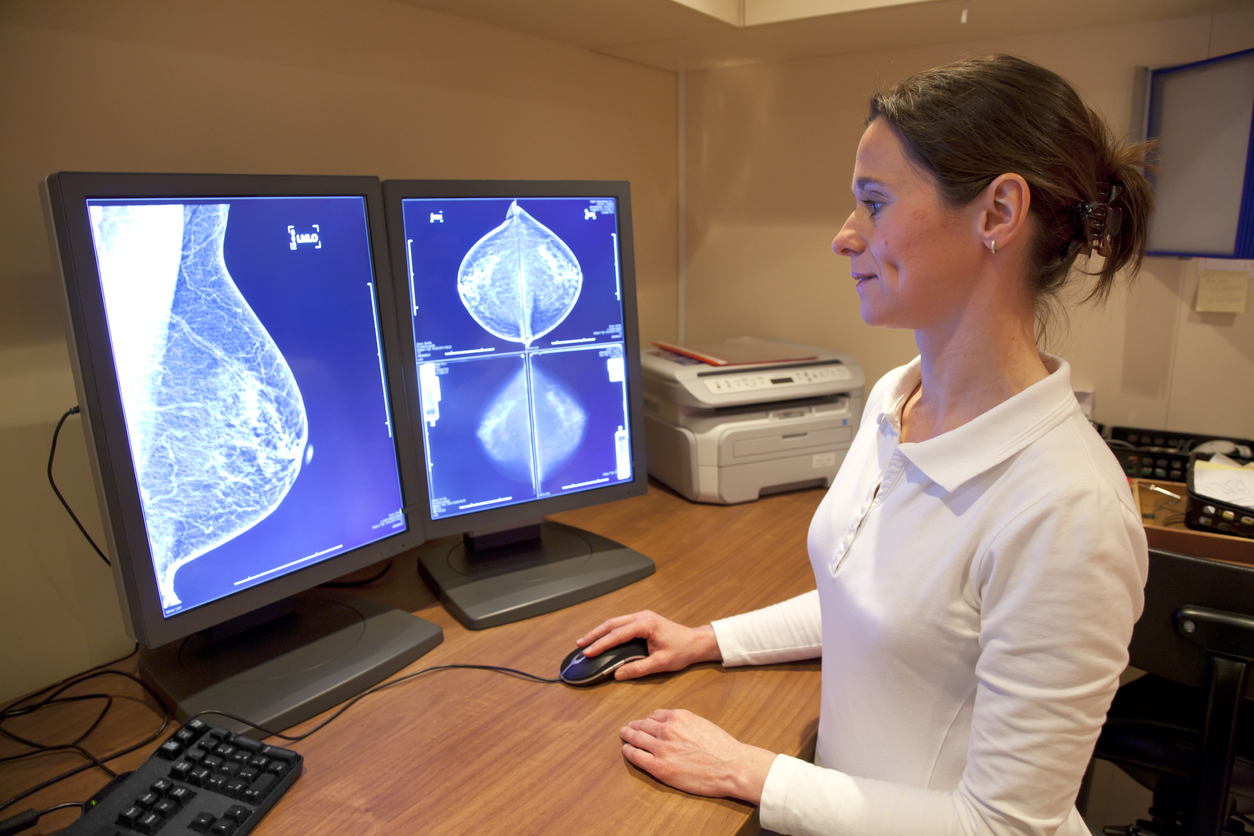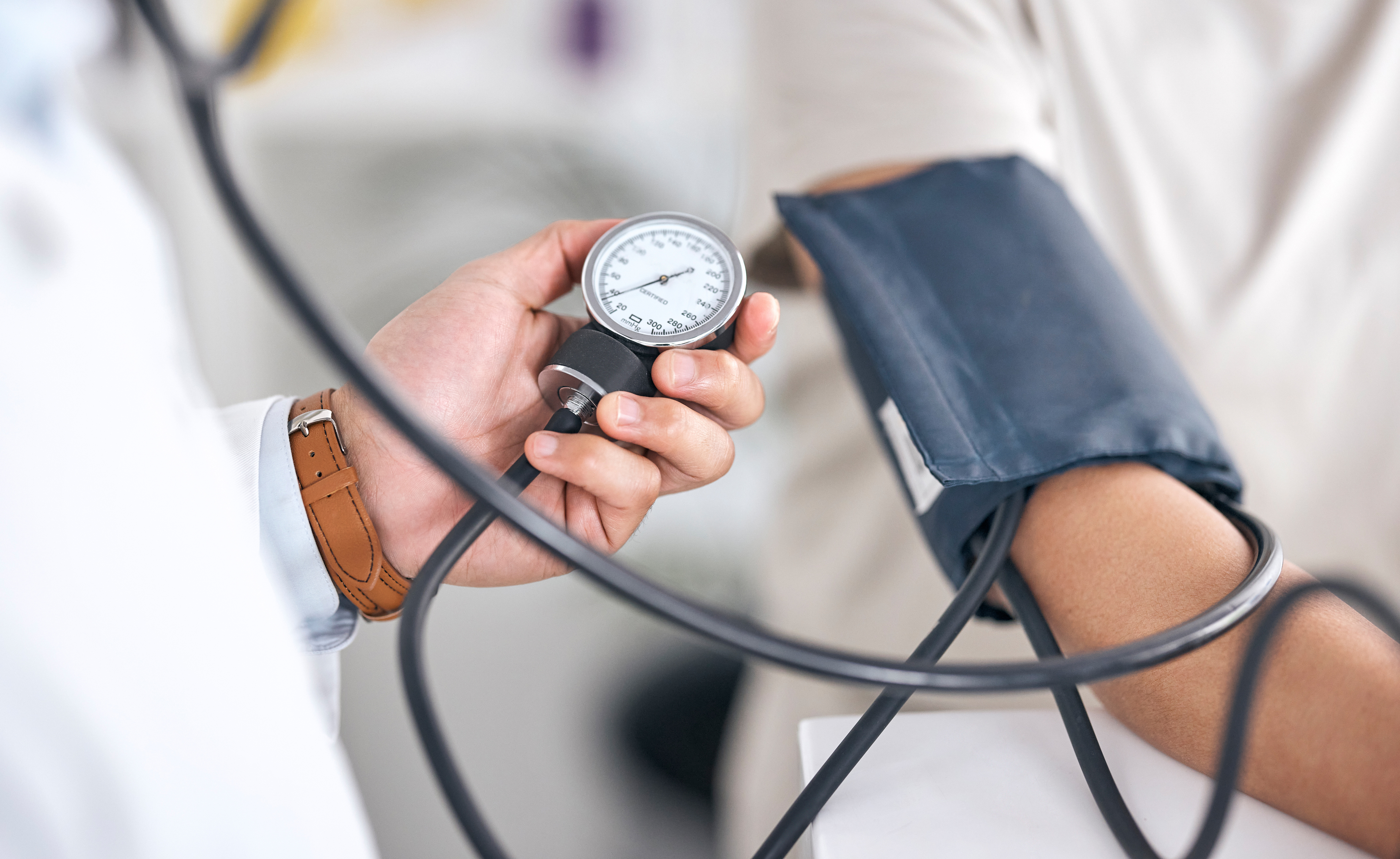2024-02-27
How can we combat chemoresistance in triple-negative breast cancer ?
Oncology
Chemoresistance in triple-negative breast cancer complicates patient management. In this study, researchers investigated the mechanisms behind this chemoresistance. They discovered that the protein arginine methyltransferase-1 (PRMT1) simultaneously methylates D-3-phosphoglycerate dehydrogenase (PHGDH) and the glycolytic enzymes PFKFB3 and PKM2 in tumour cells. This methylation would accelerate the production of methyl donors in tumour cells. On the other hand, the researchers showed links between these methylation pathways and fatty acid synthesis. The metabolites required for methylation and fatty acid synthesis would be enriched in triple-negative breast cancer cells, which could explain chemoresistance.

Last press reviews
Hypertension: a new threshold, a new challenge

By Ana Espino | Published on January 30, 2026 | 3 min read<br><br>...
Allergies: the molecular revolution is underway

By Ana Espino | Published on January 29, 2026 | 3 min read<br>
Laser and glaucoma: a high-pressure duel

By Ana Espino | Published on January 28, 2026 | 3 min read<br>